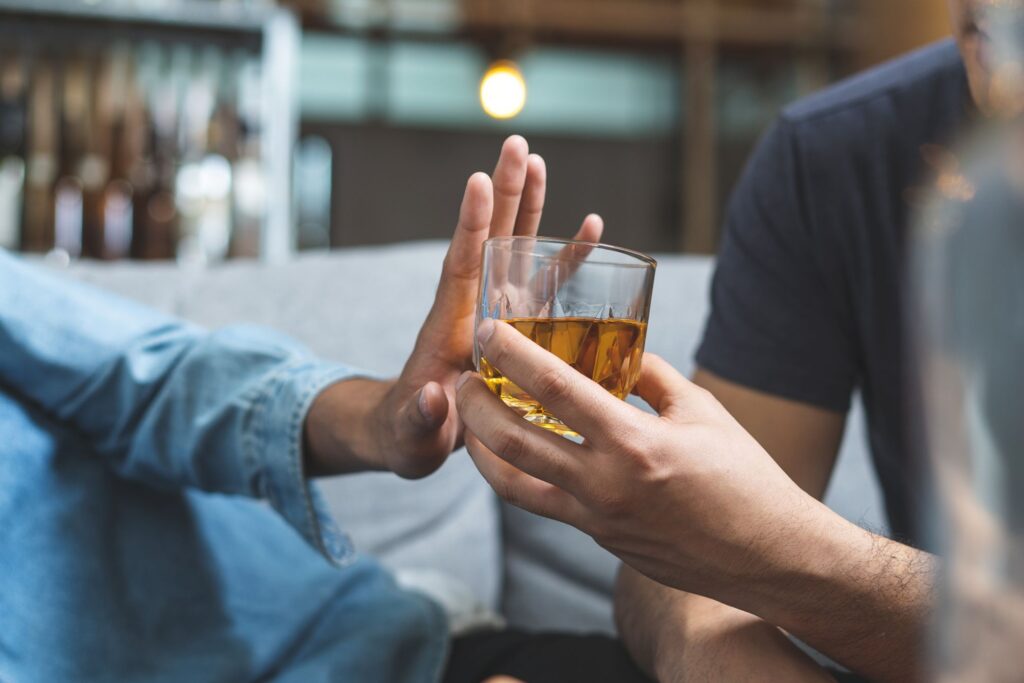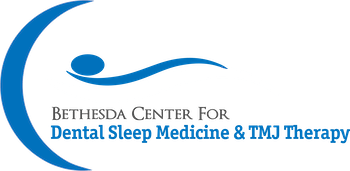
Have you been waking up in the morning feeling more drained than when you could finally drift off the night before? If so, you might suffer from sleep apnea. This disorder interrupts your breathing while you’re snoozing and can result in snoring, daytime exhaustion, headaches, difficulty concentrating, and mood swings.
Many people enjoy a glass of wine or other alcoholic beverages before bed to ease their nerves or try to help them get a more peaceful rest, but unfortunately, they might be doing more harm than good. Continue reading to learn how drinking alcohol affects sleep apnea!
What is Sleep Apnea?
Did you know that your body undergoes essential regeneration and recovery while you dream? We evolved to have a natural, rhythmic pattern of brain activity and bodily functions that occurs throughout four to six sleep cycles that most people complete unknowingly every night. Each full cycle consists of four distinct stages, each responsible for different tasks like memory consolidation, cell regeneration, tissue repair, hormone regulation, and flushing out waste.
People with sleep apnea experience halted breathing that interrupts the usual nightly cycles, so they don’t reap the full benefits of their rest. The most common type is obstructive sleep apnea (OSA), which occurs when the upper airways are blocked or collapse, restricting airflow. Central sleep apnea (CSA), which is rarer, happens when the brain doesn’t properly control the autonomic functions regulating your breathing.
How Does Alcohol Affect Sleep Apnea?
Many people struggling to fall or stay asleep think that having a nightcap of wine or whiskey before bed might help. Although adult beverages do indeed impact your quality of rest, it’s not usually for the better. There are several ways it can interfere, such as:
- Higher arousal threshold. Your system’s reactions are slowed, meaning it’s harder to wake you up. Breathing obstructions can become longer or more severe before finally having an impact.
- Relaxed muscles. This ingredient also eases the muscles in the back of your mouth and throat, increasing the likelihood of experiencing OSA.
- Increased nasal congestion. Alcohol can cause blood vessels to swell in your nasal passages, which can also interrupt your breathing.
The amount of alcohol you drink can also affect your z’s. While a single beverage might have a milder impact, studies have found that imbibing as few as two to three standard drinks is associated with worse sleeping conditions. Drinking five or more per day has also been linked with chronic interruptions to your circadian rhythms.
Although additional studies are needed to establish whether drinking alcohol causes this disorder, we have sufficient evidence that reducing your consumption can improve symptoms of sleep apnea!
Meet the Author
Dr. Bernard L. Greenbaum has more than 25 years of experience helping improve people’s quality of life by addressing oral issues that contribute to sleep apnea. He earned his dental degree from Georgetown University School of Dentistry and has since completed additional specialized training in cosmetics and sleep dentistry. Today, he’s a Diplomate of the American Board of Dental Sleep Medicine, and stays current with the latest technology and techniques with ongoing continuing education opportunities. If you suspect you have sleep apnea and need help, you can request an appointment on the website or call (301) 530-3600.
